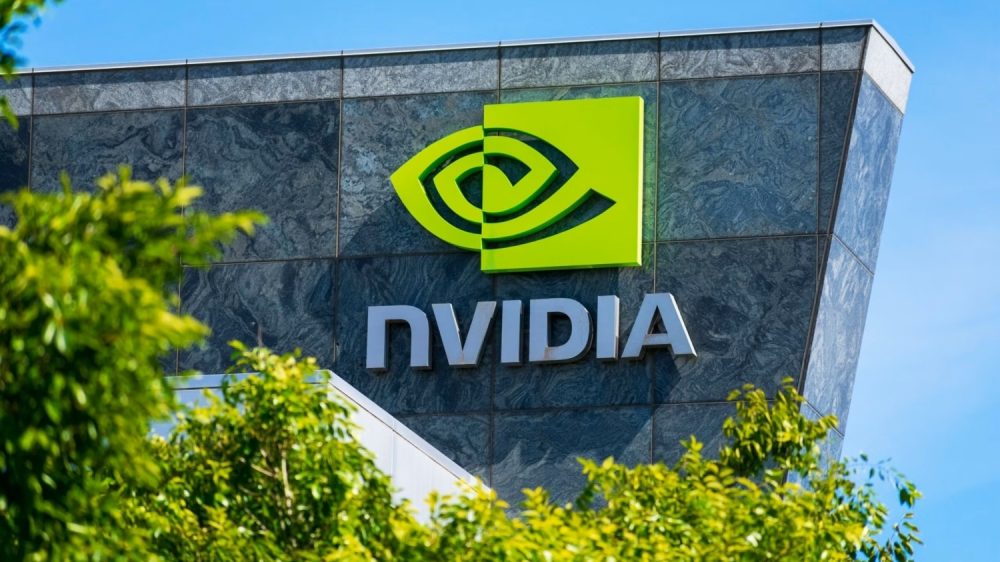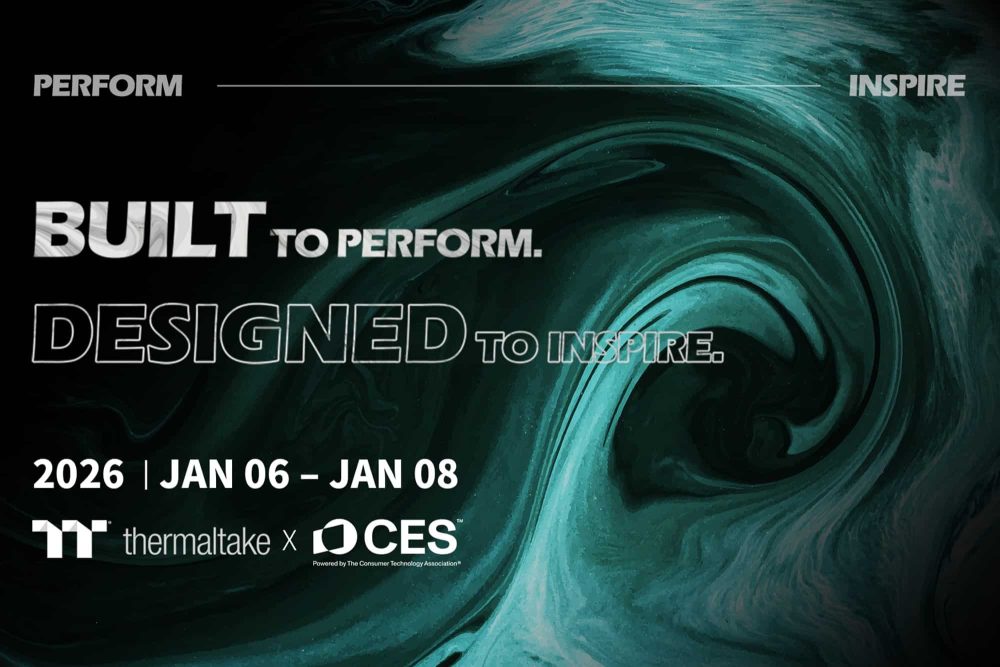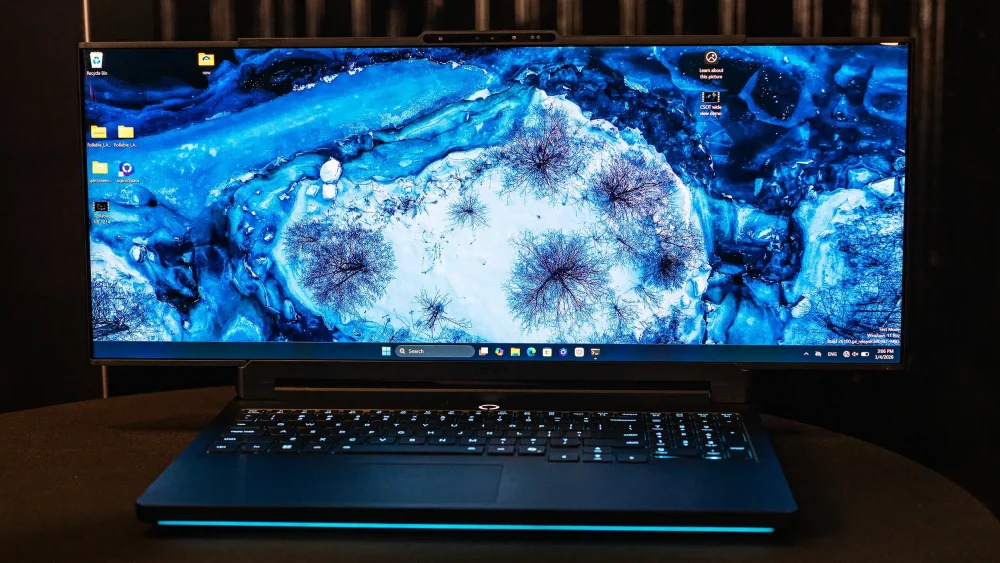Microsoft has just secured the first U.S. export license under the Trump administration to send Nvidia’s most advanced AI chips to the United Arab Emirates, marking a $15 billion bet that the next AI empire won’t be in Silicon Valley, but in the Gulf.
In a deal that blurs the line between geopolitics and GPU clusters, Microsoft has received approval to ship over 60,000 of Nvidia’s GB300 “Grace Blackwell” chips to Abu Dhabi for massive AI data centers under construction. The move is part of a broader $15.2 billion investment plan that stretches from 2023 through 2029, with $7.9 billion earmarked for new AI and cloud infrastructure between 2026 and 2029.
It’s a moment of both technological triumph and strategic calculation. While Washington and Beijing wrestle for dominance in artificial intelligence, Microsoft has quietly turned the desert into the next AI frontier.
A License Written in Geopolitics
Microsoft President Brad Smith confirmed that in September, the company became “the first” to earn a chip export license from the Trump administration, after meeting what he described as “very stringent cybersecurity, physical security, and other security requirements.”
The greenlight reverses months of uncertainty that had stalled AI data center projects in the UAE. These projects, especially the sprawling Stargate campus in Abu Dhabi, rely on Nvidia’s latest silicon to train and run advanced AI models.
Without those chips, the region’s grand AI ambitions were effectively on hold. Now, they’re about to ignite.
“The biggest share of this investment, by far, is the expansion of AI data centers across the UAE,” Smith told reporters during the ADIPEC Energy Conference in Abu Dhabi. “From our perspective, it’s an investment critical to meet the demand here for the use of AI.”
G42, the Partner Under Scrutiny
The chips will be deployed in partnership with G42, the Emirati AI firm in which Microsoft took a $1.5 billion minority stake last year. G42’s past ties to China drew scrutiny in Washington. Still, the company has since made what Smith described as “enormous progress” in aligning with U.S. standards on data handling, model security, and export compliance.
For the United States, the G42 collaboration is more than a business deal; it’s a strategic counterweight to Beijing’s influence in the Middle East’s tech ecosystems.
For the UAE, it’s a chance to cement its status as the AI capital of the Arab world, backed by Western infrastructure and American trust.
From Sanctions to Silicon: The Trump Turnaround
The approval also signals a surprising reversal from President Donald Trump, who recently told 60 Minutes that the United States “will not let anybody have” its most advanced AI chips. Yet Microsoft’s license, backed by cybersecurity safeguards and close U.S. oversight, shows a new, pragmatic approach to export controls: protect national security while allowing allies to build regional strength under American supervision.
Under the deal, Microsoft can quadruple its AI computing power in the UAE. It already holds licenses from the Biden era covering about 21,500 Nvidia GPUs (a mix of A100, H100, and H200 models). The latest approval adds the GB300 Grace Blackwell generation, Nvidia’s crown jewel, a chip so powerful that even some U.S. labs haven’t fully deployed it yet.
These chips will be used in Microsoft’s own UAE data centers to power cloud and AI services for OpenAI, Anthropic, and local partners.
A New AI Axis: Washington, Redmond, and Abu Dhabi
The timing is no accident. The UAE has pledged $1.4 trillion in U.S. energy and AI-related investments —a staggering sum compared to its $540 billion GDP —and is positioning itself as a bridge between the West and the Global South in AI access.
Smith framed the move as part of what he calls the “AI diffusion race”, the struggle not only to develop smarter models, but to spread AI infrastructure evenly across continents.
“We run a risk that AI diffusion will become increasingly uneven,” Smith warned. “That’s why our partnership with the UAE is so critical.”
In other words, while the U.S. and China duel for the AI crown, Microsoft is busy building the roads and toll booths that both sides may one day use.
The Future: Sand, Silicon, and Strategy
The shipment of 60,000 Nvidia GPUs to Abu Dhabi isn’t just a corporate milestone; it’s a declaration of global intent.
It gives Microsoft unmatched access to the Middle East’s booming AI economy, strengthens U.S. influence in the region, and keeps China at arm’s length, all under the banner of “cloud expansion.”
And yet, it also raises a philosophical question: in a world where AI infrastructure is the new oil, who controls the pipelines?


